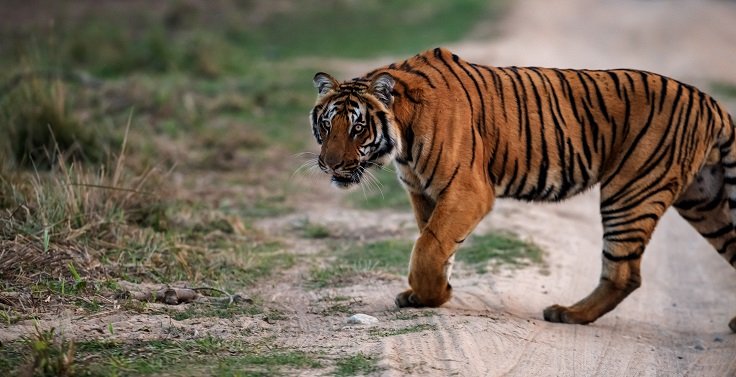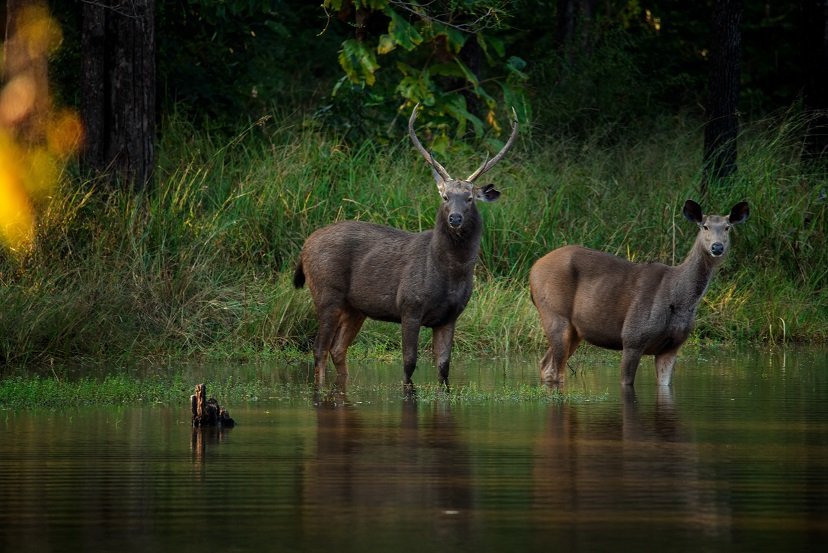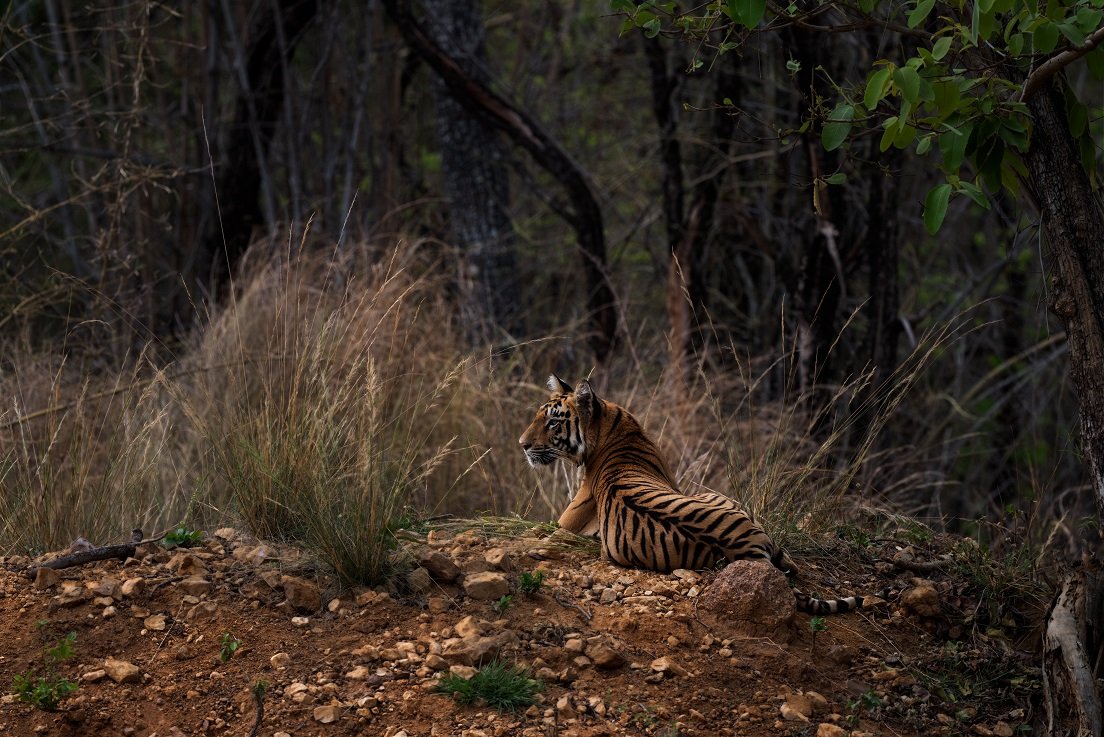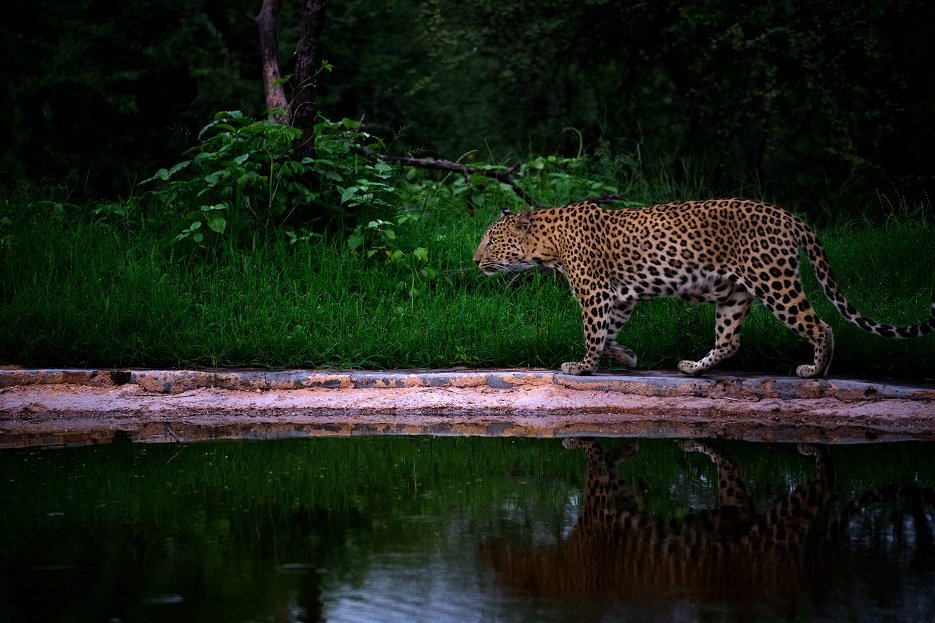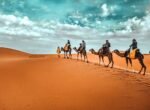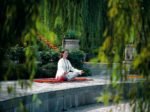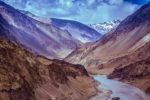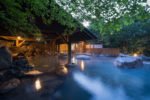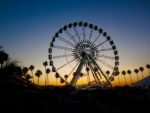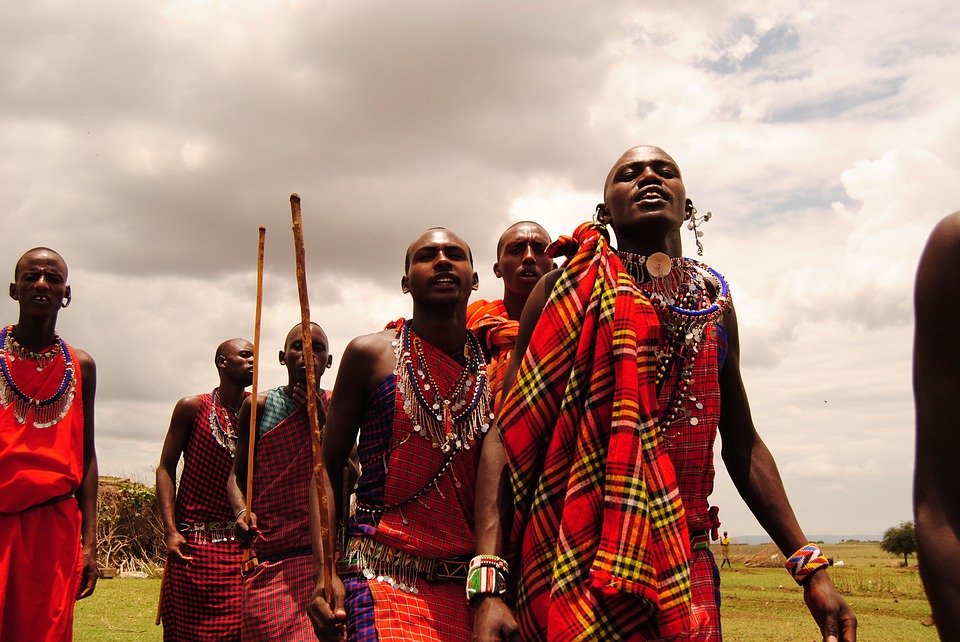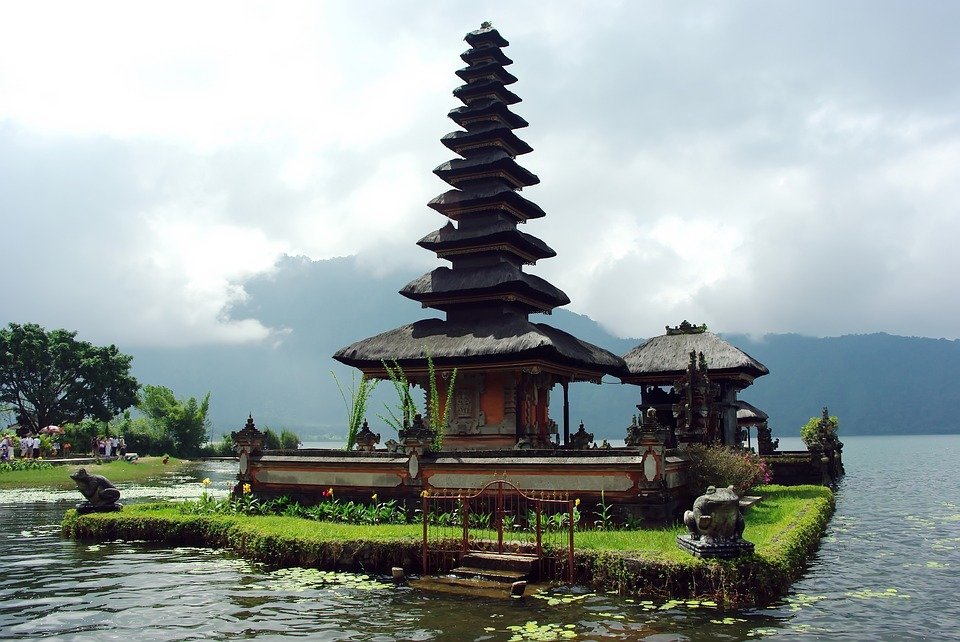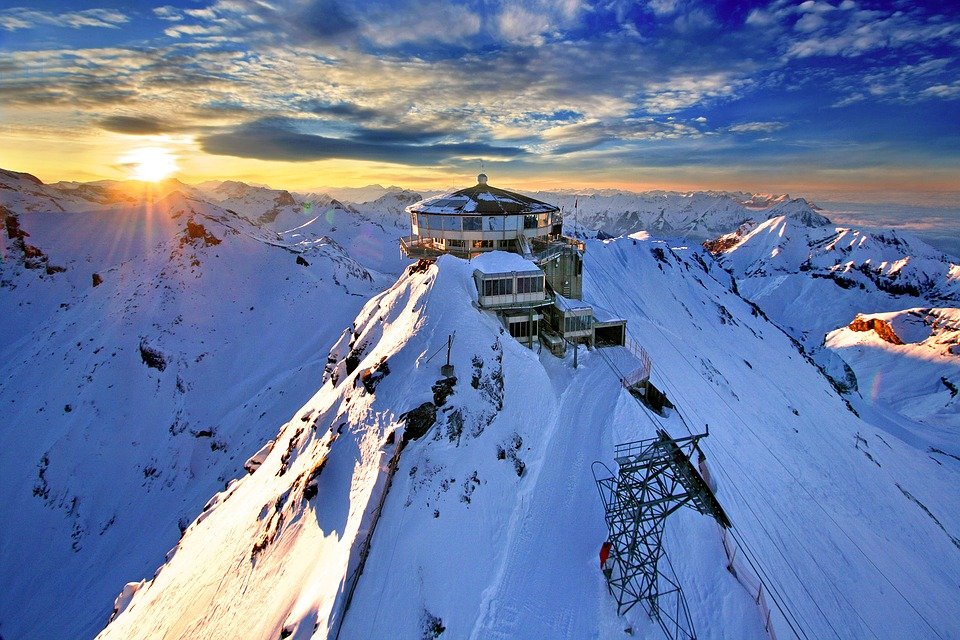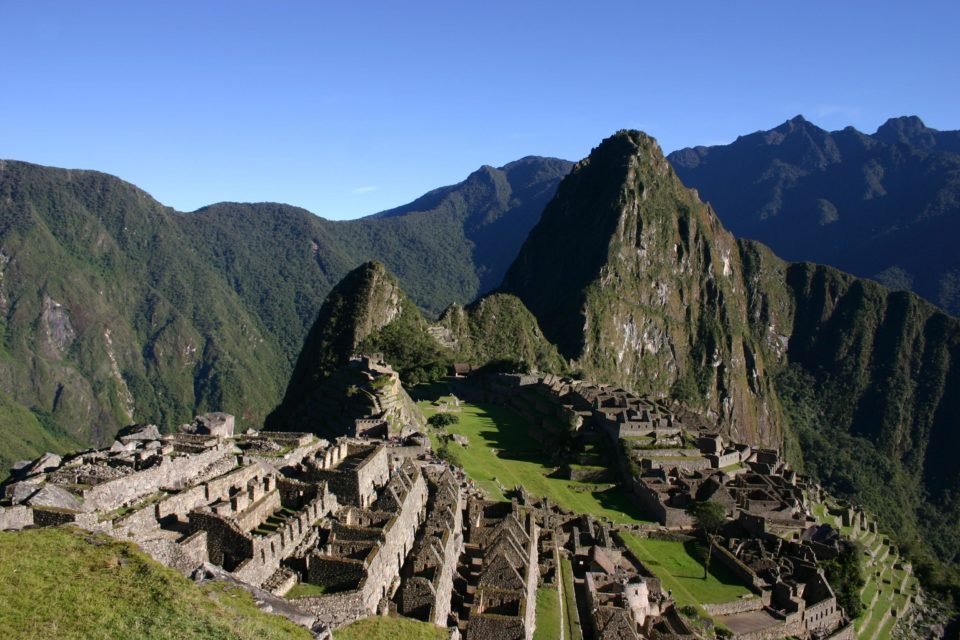Everyone likes a royal treatment. Being treated and pampered like a royal is a desire most people carry. That doesn’t always mean staying in palaces, moving around in expensive salons, endless ceremonies and the likes. I have picked up an easy and practical way to live like royalty even now and satiate my senses. Read on, to find out.
One of the most sought-after royal activities was hunting as a sport. With India being home to so many royals, this sport was widely and deeply practiced across the length and breadth of our country. As a result, Kings invested in hunting lodges, palaces as well as creating game reserves, which today is the backbone of Indian wildlife tourism. Opulent lodges, in lush green jungles with pure air and gurgling streams are now available to everyone. Instead of a gun, with a camera in hand, I find myself transported to the same zone of “shooting” wildlife while enjoying the royal life of camping which I so much like.
Listed below, are 10 such spots in India, where you can live this dream and take back memories which you will remember for a lifetime. Each of these has a “wildlife” visual and a “stay” visual to provide you an imagery of what it would be like being there. I have been to each of these, multiple times, and have curated this list basis my experiences. You may not find this list matching the regular top 10s on many websites, for this is personally experienced and hand-picked.
Ranthambhore Tiger Reserve (RTR):
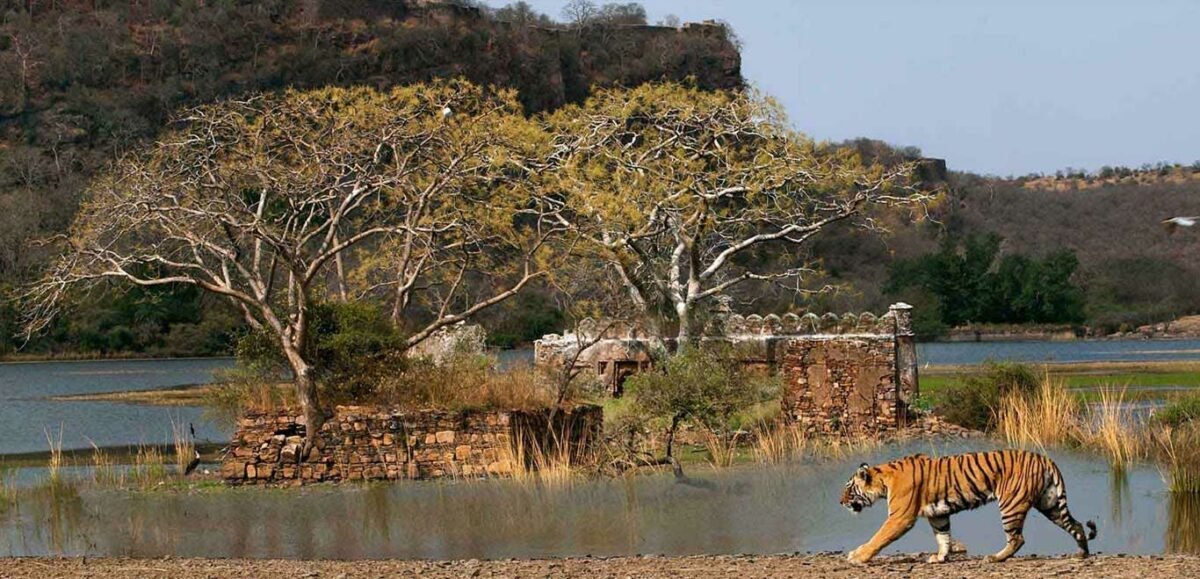

Ranthambhore: 1330 sq. km. of territory around the Ranthambhore fort is marked as the tiger reserve that bears its name. It was conceived in 1955 and continued to expand and grow to its present size. Its terrain, and picturesque landscape with plenty of tiger sightings makes RTR one of the favorites amongst wildlife enthusiasts. Add to it an amazing variety of heritage havelis and palaces with the famed Rajasthan hospitality.
How to get there: Jaipur the nearest airport in India, which is well connected to other airports in India. Ranthambhore is a 3-hr drive from Jaipur airport. It is also well connected by multiple daily trains from Delhi (4hrs), Jaipur (2hrs) & Mumbai (alight at Sawai Madhopur railway station)
Best time to go: Undoubtedly, March to June when summers force big cats to come often to watering holes. October to December is another window when breezy autumn gives a misty hue to this jungle.
Dhikala Forest Rest House @Corbett Tiger Reserve (CTR):
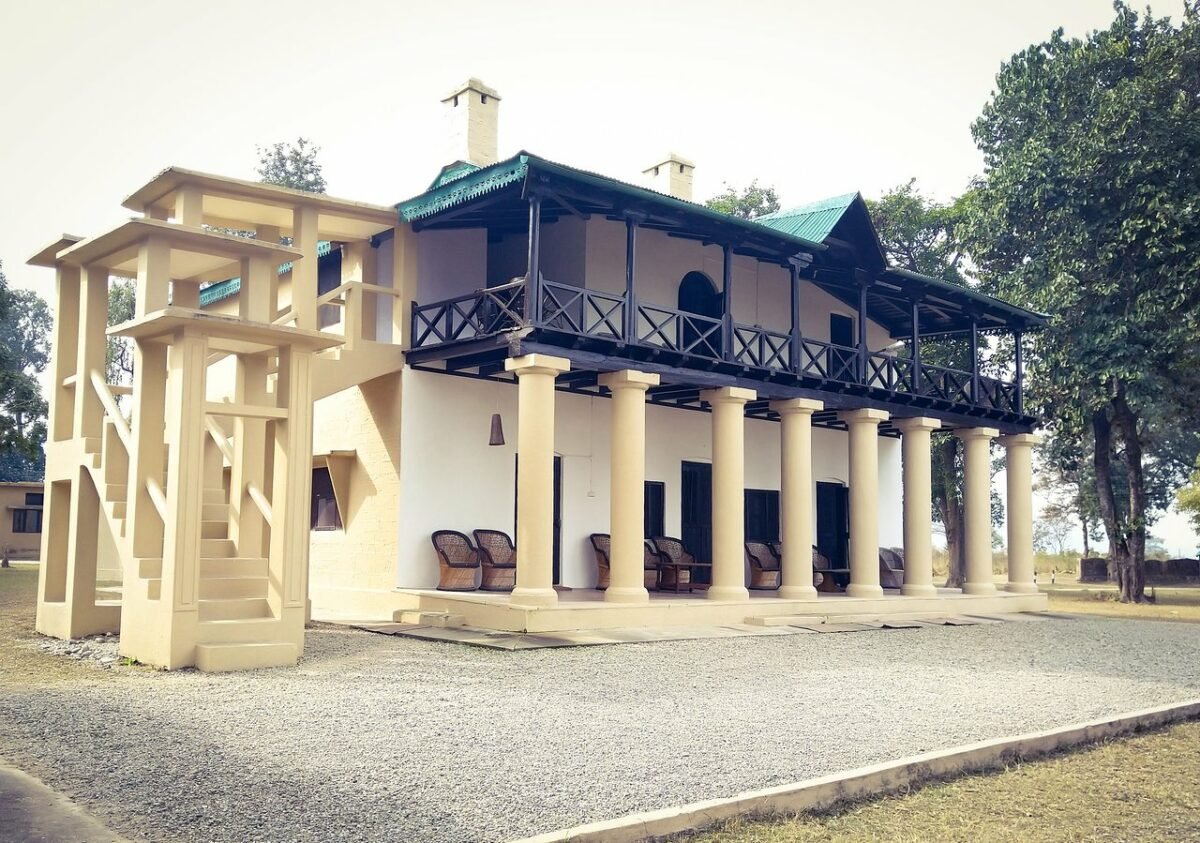
Dhikala: Dhikala perhaps is the heart and soul of the huge tiger reserve named Jim Corbett national park. It is the largest and most beautiful zone of Corbett with abundant sightings in dreamy landscapes of Sal forests, white pebbled rivers and green meadows. It is 30km inside CTR and takes around an hour plus to reach. You are not allowed here unless you are booked at the forest rest house, which is a huge plus as it means that you get to stay deep inside a jungle, have the best possible tiger sightings with relatively very few tourists around you (only 32 rooms). More so, people around you would be serious photographers and wildlife enthusiasts. The FRH itself was a hunting lodge – on the banks of Ramganga river – built in the last century and further expanded. The setting is serene and heavenly. It doesn’t get more royal than this.
How to get there: Most travelers drive down from New Delhi which is the best-connected airport in India. Roads have never been great here and it’s a 4.5hr drive to the Dhangarhi gate from where you change into a forest jeep and travel a further hour to Dhikala FRH. Overnight trains also are an option from New Delhi (~5hrs) which stop at Ramnagar, from where Dhangarhi gate is 30mins drive.
Best time to go: All year round, except when it is closed (July – Oct).
Bandhavgarh Tiger Reserve (BTR):
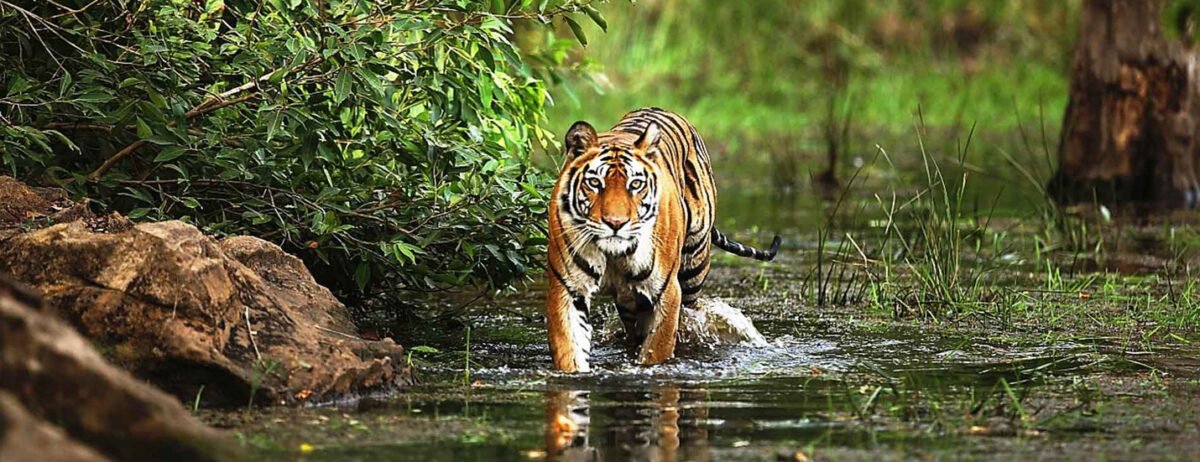
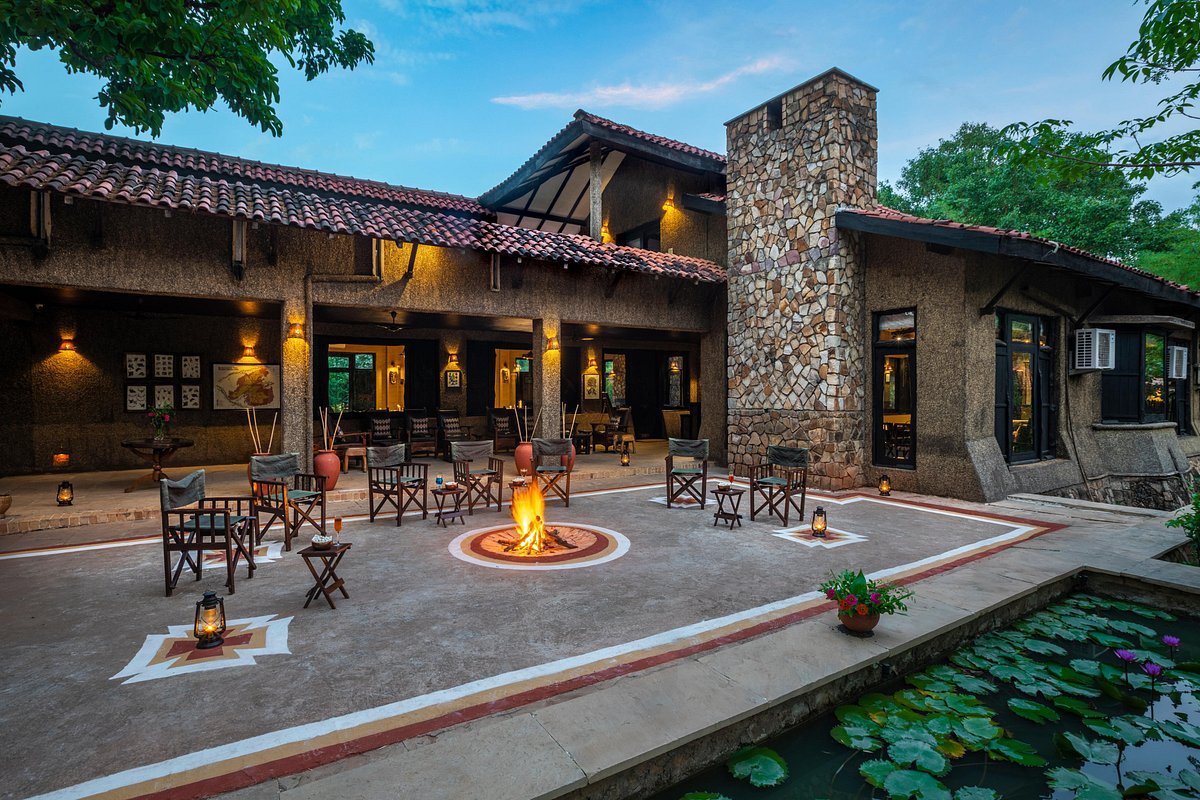
Bandhavgarh: 716 sq. km. of territory in the Umaria district of Madhya Pradesh, around the Bandhavgarh fort is the project tiger reserve of Bandhavgarh (BTR). Extremely rich in bio-diversity, the King of Rewa captured a white tiger here in 1951, with jaw dropping landscapes, Bandhavgarh has spawned the most number of coffee table books in India.
How to get there: Jabalpur is the nearest city to Bandhavgarh which has an airport. Flights from Delhi, Mumbai, Bangalore and other prominent metros in India land here daily. Bandhavgarh is a 3hr drive from the airport. If taking a train, alight at Umaria railway station from where BTR is 45 mins away. Umaria is an overnight journey from New Delhi by train.
Best time to go: March to June. It will be very hot, but sightings will be awesome. October to February is amazing for landscapes and colors.
Panna Tiger Reserve (PTR):

Panna: A 4hr drive from Jabalpur will bring you to another majestic and royal hunting ground which is now christened as Panna Tiger Reserve in the Vindhya hills of Madhya Pradesh. Its 540 sq.km. of protection is a recent addition to project tiger in 1994. The very beautiful Ken River flows through it. The park has some majestic waterfalls and therefore deep gorges too.
How to get there: Jabalpur is the nearest city to Panna which has an airport. Flights from Delhi, Mumbai, Bangalore and other prominent metros in India land here daily. It’s a 4hr drive from Jabalpur. Panna falls a bit in the middle of nowhere if you are planning to reach by train for its in the center of a triangle of Khajuraho (closest at 25km), Katni and Satna railway stations. Katni has the best train connectivity to Indian towns.
Best time to go: November to March.
Kanha Tiger Reserve (KTR):
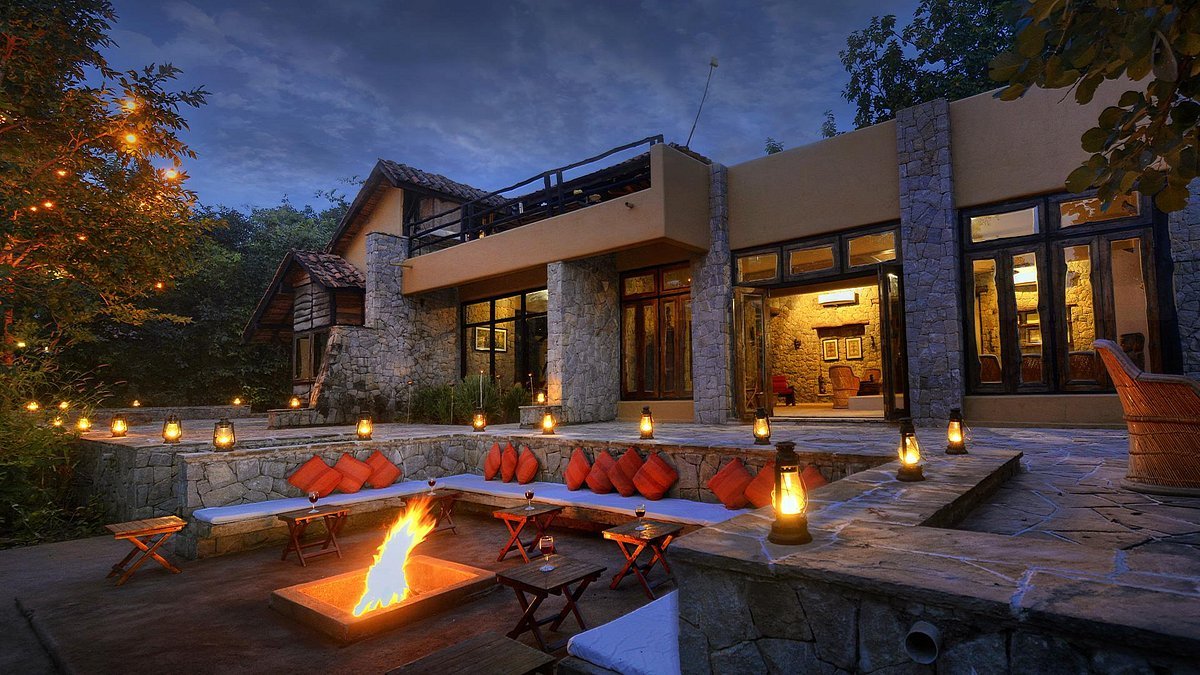
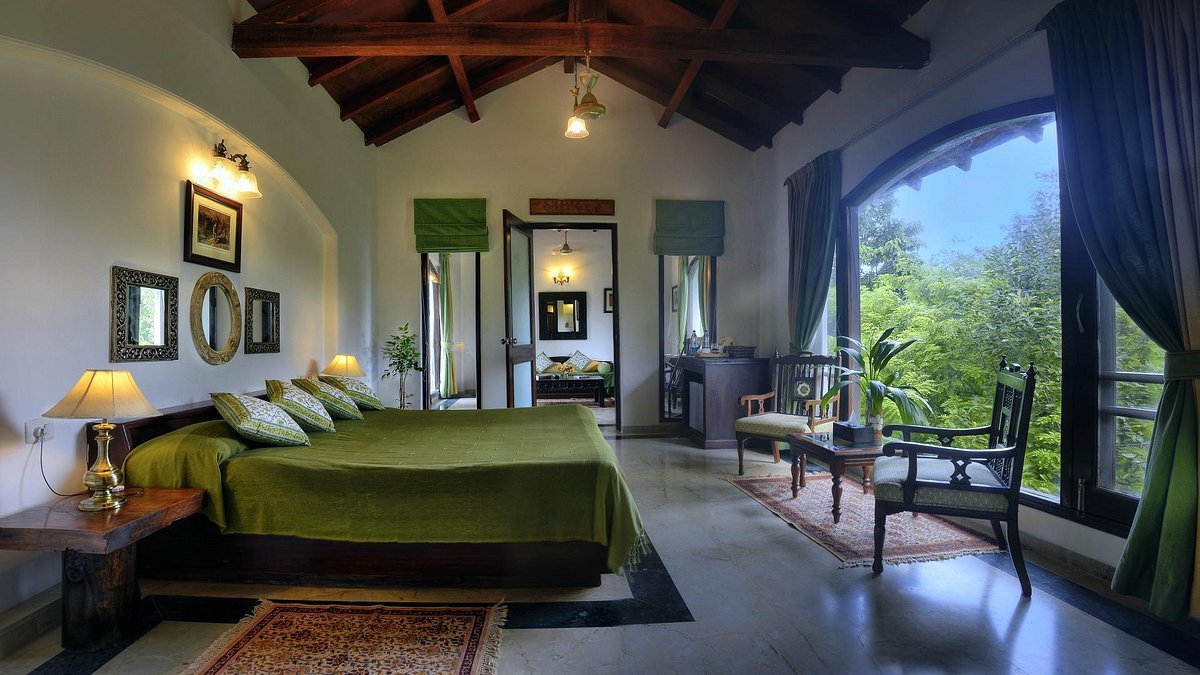
Kanha: The jungles of Kanha (more accurately Seoni) inspired Kipling’s Jungle Book. It has an illustrious history too. It used to be the hunting grounds of the Gond dynasty – something you won’t have really come across. As such this was hitherto unknown till Captain Forsyth (the one who discovered Pachmarhi) catalogued this beauty in his book around 1913. It hence also became one of the earliest reserves created in free India in 1955, and came under the umbrella of project tiger in 1973. The jungle and the wildlife are one of the finest in the world.
How to get there: Jabalpur is the nearest city to Kanha which has an airport. Flights from Delhi, Mumbai, Bangalore and other prominent metros in India land here daily. It’s a 4hr drive from Jabalpur. Raipur & Nagpur are also other options but take atleast 5-6hrs of drive from these airports.
Jabalpur also is the nearest and best-connected rail head if you are planning a train travel.
Best time to go: October to June.
Satpura Tiger Reserve (STR):

Satpura: Situated on the southern banks of river Narmada (actually Denwa), STR gets its name from the Satpura hills within which this 1339 sq. km. of protected reserve is located. Parts of it are also known as Bori jungle and Madhai. It is so rich in wildlife diversity that while it is a very new entrant to project tiger in 1999, it was declared as the first biosphere reserve of Madhya Pradesh. With dense Sal and Teak forests, a meandering Narmada and uneven terrain, STR is heaven for wildlife. Early morning, as your boat crosses the Denwa river to reach the gates of STR, the orange glow in the waters is such bliss to witness.
How to get there: 2 most popular entry points to STR are from Pachmarhi (Panaarpani gate) and Sohagpur (Madhai gate). The nearest airport for both these is Bhopal which is a 3.5hr drive away.
Pipariya is the nearest rail head (1hr drive from any of the gates). Itarsi is the most well connected railway station though which is a 3hr drive from STR.
Best time to go: October to April. Summer months of May/June are extremely hot.
Pench Tiger Reserve:


Pench: While creating this Earth, God took special efforts and time to carve Madhya Pradesh out as the land of exotic jungles. With Bandhavgarh, Kanha, Panna and Satpuras it sits at the very top of world alongwith places like Masaimara or Kruger. But MP has another ace up its sleeves which makes it the best wildlife spot in this planet. And, that ace is Pench Tiger Reserve. Though, much smaller at 299 sq. km., it packs its punches so very well. The beautiful Pench river flows through it, adding to the beauty of this place, appreciated all the more with Sundowners!
Jungles of Pench can be accessed from Madhya Pradesh as well as Maharashtra. The gates of MP are far more popular and happening.
How to get there: Nagpur (1.5hr drive away) is the nearest well-connected airport in India. Since Tadoba also is very close by, most wildlife enthusiasts club Pench and Tadoba in the same visit as they disembark at Nagpur airport.
Seoni is the closest railway station (1.5hr drive away) but trains are infrequent. The best-connected railway station is Jabalpur, which is still 4hrs drive away.
Best time to go: October to April. Summer months of May/June are extremely hot.
Jawai Leopard Sanctuary (JLS):
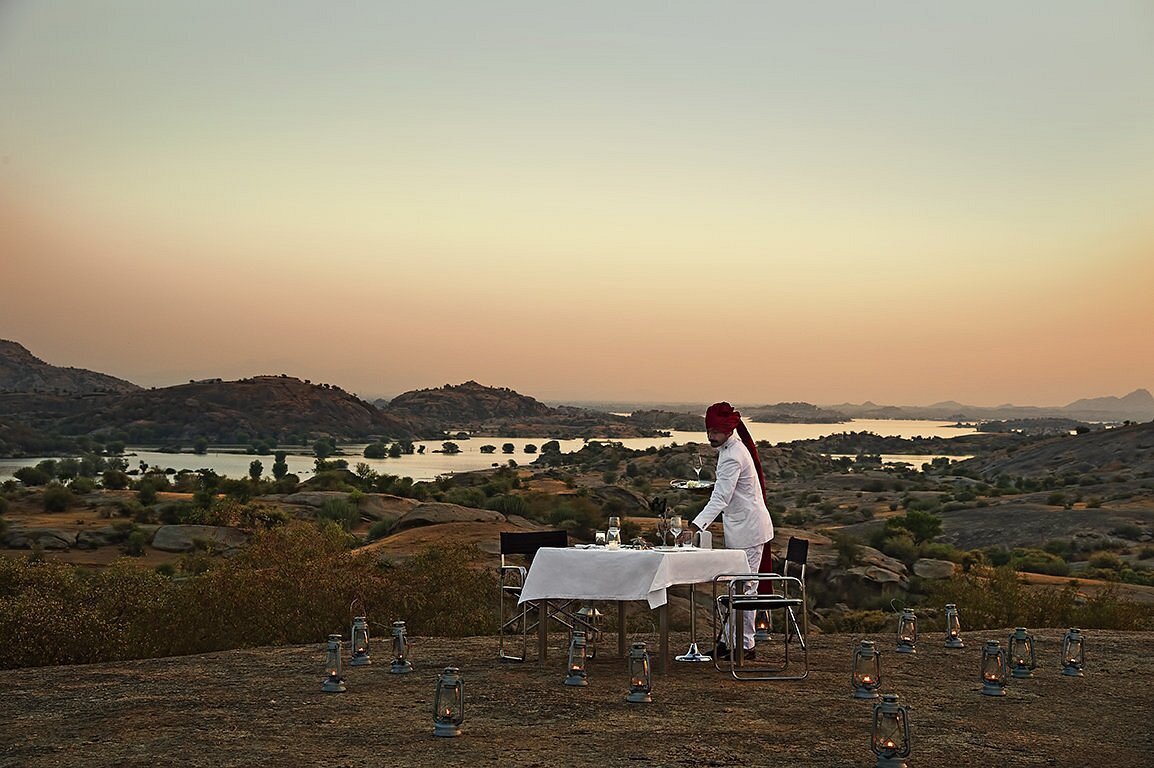
Jawai: Jawai, famous for its eponymous dam that is the largest in western Rajasthan, used to be a motley collection of tribal villages scattered among granite hills in an area of roughly ~20km diameter. The human-animal ecosystem flourished wonderfully for centuries because the local tribes believed that the Leopard is an incarnation of Lord Siva and kept their respects even if a few of their cattle went missing. Two incidents in its history brought Jawai to national stage – (1) a documentary by Nat Geo showing this rare co-existence – it filmed a temple priest walking up a hill to his temple, alongside Leopards strolling around him, and (2) A ban on granite mining led by local activists – therefore also creating many more artificial rock dens for the Leopard to home into. Now Jawai is synonymous with Leopards; so much so that you may even sight one while sitting down for a sundowner at your resort.
How to get there: Udaipur is the nearest well connected railway station and airport from where Jawai (rather the many villages that make Jawai – Bera, Sena etc) is 2.5hr drive. Udaipur is also well connected by road from other regional airports like Ahmedabad and Jodhpur.
Best time to go: All year round.
Jhalana Leopard Sanctuary (JLS):
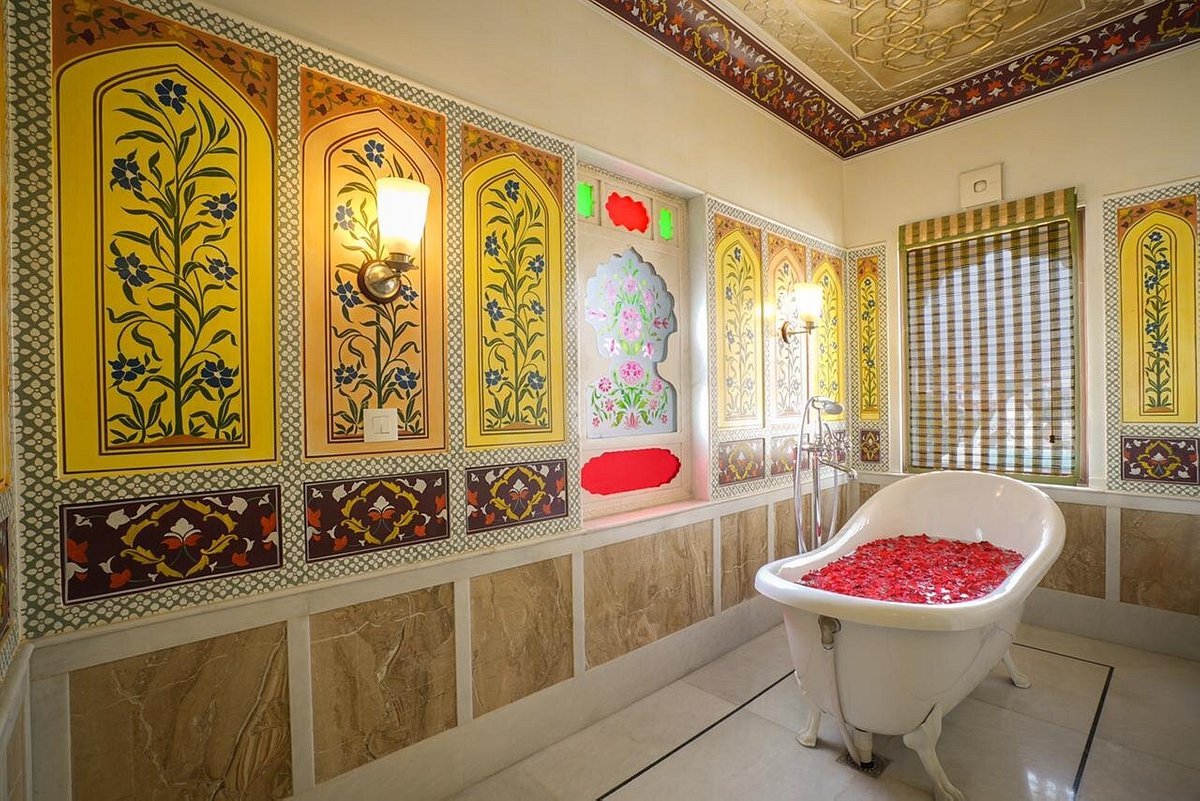
Jhalana: tucked into a green corner of the Aravali hills around Jaipur, is the reserved leopard sanctuary of Jhalana. It infact is just 10 mins ride from Jaipur airport which makes me wonder how this place has always been a preferred leopard habitat for centuries. With just 23 sq.km. of core jungle, Jhalana has 30-35 leopards making it the most densely populated wildlife. And so, it becomes a treat for wildlife photographers to find leopards amongst dense green bushes, waterbodies or undulating hills. Add to it the variety of a Rajasthan stay, like a rose water bath after a day in the sun, and you will appreciate why I think of going to Jawai as often as I can.
How to get there: Jaipur is the gateway, be it air, train or road.
Best time to go: All year round. With such a high density, sightings are a surety.
Periyar Tiger Reserve (PTR):


Periyar: located high into the hills of Western Ghats of Kerala, bordering Tamil Nadu is the majestic Periyar. A 305 sq.km. of core jungle that is both a tiger reserve and an elephant reserve. The Periyar river, from which it gets its name, originates deep inside this jungle. Associated as the games ground for the royal family of Travancore, it entered conservation in 1935, even before Indian independence. Today, it dawns an awesome look – great weather, mists, green forests, cold water and the smell of moist earth. And also, ayurvedic Kerala massages.
How to get there: Cochin is the nearest and most well-connected airport in India from where PTR is 4hrs drive, via the town of Thekkady. If planning to get there by train, then disembark at Kottayyam railway station which is 3hrs away from Periyar.
Best time to go: October to April.

